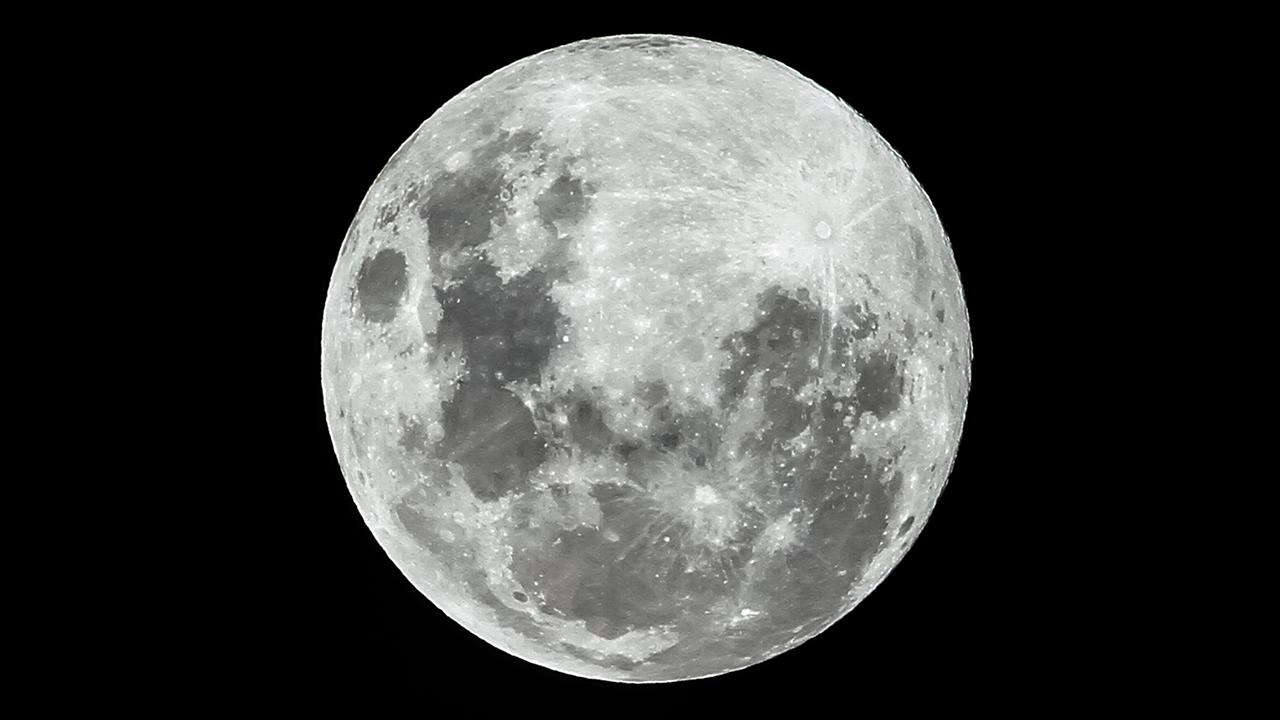Space race: The next trillion-dollar economy?
The U.S. Chamber of Commerce on Tuesday hosted its second annual space summit at a time when an increasing number of companies are hoping to capitalize on what is quickly becoming a burgeoning economic opportunity.
The chamber said the space economy is expected to turn into a trillion-dollar industry over the coming years.
Analysts at Morgan Stanley agree. The Space Team at the investment bank projects the global space economy could surpass $1 trillion in value by 2040. The team put the current value of the space economy at around $350 billion.
JEFF BEZOS' BLUE ORIGIN SATELLITE LAUNCH PROTEST SUSTAINED BY GAO
BOEING DELAYS CREW CAPSULE TEST FLIGHT TO SPACE STATION
In an interview published in the Harvard Business Review, space economist Sinead O’Sullivan noted there are two primary parts of the space economy – Earth-focused space technologies, like satellites, and space exploration, including the mining of materials.
Everything from weather, Wi-Fi, shipping and logistics, television and radio rely on satellite-based services.
But mineral mining is where O’Sullivan sees the big opportunity to send the space economy over the trillion-dollar threshold – mining and bringing back materials that have value on Earth from asteroids or other planets.
Of course there are companies focused on national security opportunities in space, like Boeing and Honeywell, and human spaceflight – like SpaceX and Richard Branson’s Virgin Galactic.
GET FOX BUSINESS ON THE GO BY CLICKING HERE
Among the attendees at the chamber’s space discussion on Tuesday, which was set to focus on how the sector is evolving and ways to capitalize on emerging opportunities, were executives from Boeing, NASA and Northrop Grumman.
But companies from Blue Origin – spearheaded by Amazon CEO Jeff Bezos – to Elon Musk’s SpaceX are all hoping to profit from growth in the lucrative market, competing with the likes of established names from Boeing to Lockheed Martin and Northrop Grumman.
O’Sullivan noted that the entrance of private competitors, like SpaceX and Blue Origin, into the space market has reduced costs and led to an “explosion” of satellite launches into space. Considering space is a finite resource, there are concerns that companies could end up running out of space, in space.
SpaceX has plans to launch up to 30,000 broadband satellites into space, with another launch scheduled for Wednesday. Amazon has its own plans to launch a massive constellation for broadband connectivity.
Bezos has said he wants to build infrastructure that allows people to live in space. Elon Musk has talked about colonizing Mars.
CLICK HERE TO READ MORE ON FOX BUSINESS




















